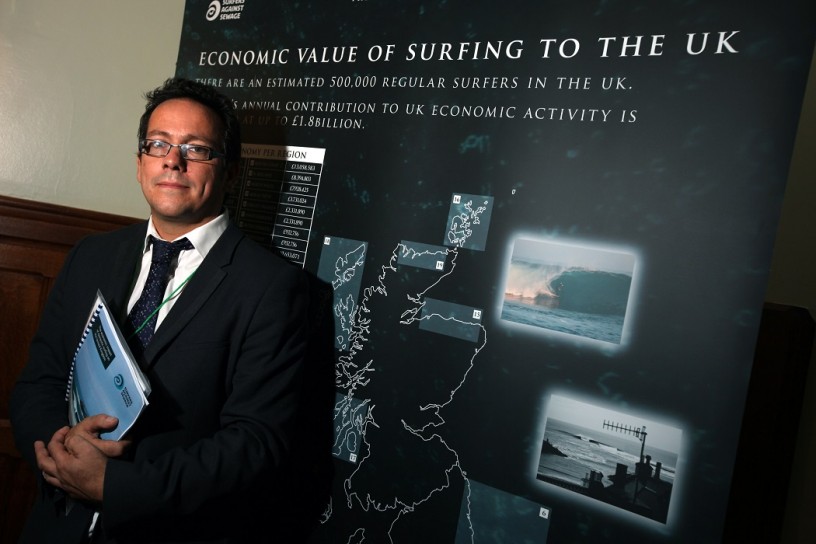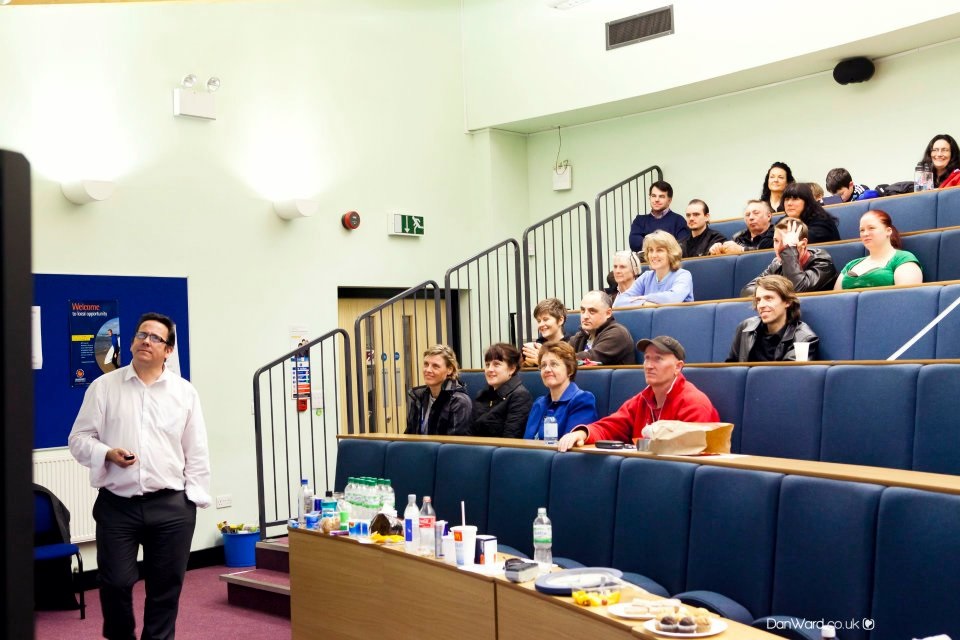In the spotlight:
Name: Dr Bryan Mills
Location: Cornwall
Occupation: Lecturer at Cornwall College
You are an influential individual within the enterprise education space. What does ‘enterprise education’ mean to you, and why do you think it’s important?
Without wanting to sound arrogant, there’s a gap between what it means per se and what I think it should mean. Typically, people believe it’s about “selling a few cakes” or “pitching to the local Chamber”. But I feel it should mean exposure to the real cut and thrust of business, without using the student badge as a way of getting sympathy purchases, and without using a charity promotion as a way of ensuring success. Think of something people want and deliver it – and learn how hard that is to do. We need people who ‘get’ what enterprise means if we are to improve productivity and competitiveness in all sectors of our economy.
How did you first become involved with enterprise education?
My involvement with enterprise education came about largely by default. I ran own business as both a teenager and in my early twenties, when I was a builder. My degree, which I did later, is in business, and my PhD in economics, and it is a fascination with markets and behaviour that sort of led me toward enterprise – I really want to know why things work (and why they don’t).
In a recent blog post you wrote, “[Enterprise education] feels, looks and tastes at times as if much of the agenda, especially outside of the business schools, is distinctly and ironically anti-business”. How can educators ensure their courses are relevant?
We need to move on from the hang ups around profit and the love affair with social enterprise. I am not advocating greed for greed’s sake, but too much of the narrative around enterprise education seems embarrassed by money. There’s a world of difference between capitalism and crony capitalism, and it is the latter that people have the issue with – though both are tarred with the same brush. It’s ok to have an idea, pull some resources together, and make a profit.
How has enterprise education changed over the years, and how does it benefit students today?
In the past ten years the drift seems to have gone from business planning to social enterprise and now seems to be drifting back toward plans, but this time agile ones – this is a good thing!
Can enterprise be included at all stages of education, and within every subject? If yes, how? If no, why not?
This is a pretty big question! In mathematics it’s fairly obvious: we can do compound interest and such – or at a primary level play ‘shops’. In English we can deconstruct adverts and explore their meanings and messages – or at a younger age write some. In history we can examine the rise of the mercantile classes and the way that put positive pressure on the feudal classes to open up democracy – and for the younger ones we can explore the history of the local shops and factories. In art there is a lot of fun to be had around design and design of advertising. In science it would be good to see some time devoted to commercialisation of discoveries, and in geography they already do look at industry and land use I understand. In design technology there is work to do on making a product for market, so research what people want. What we shouldn’t do is shove enterprise into its own slot and try and get the children to fund raise by baking cakes; that’s about as far from business as it’s possible to be.
How do you evaluate and measure the success of enterprise education generally, and your own teaching methods and practices specifically?
Evaluation should be seen in terms of attitude. It’s not about everyone starting a business. Many people realise business is not for them and if so that is perfect – better that than waste their lives in something they don’t like. What I want to see is people becoming more commercially aware, more professional, and more solutions oriented.
What would you say to any institutions or academics who have still not included enterprise education within their curriculum?
Everything is about context – what context are you operating in that excludes it?
There’s an age-old debate about whether entrepreneurs are born or made. Can you weigh into this?
The work I did in Nigeria showed me that either they are made, or there are a whole lot of people born there with an entrepreneurial spirit! A lack of opportunities necessitates a different approach – they were inspirational. But the truth is it is probably a bit of both. Some people have a bit of a flair that can be nurtured, some have a longer journey. I am never going to paint like Rembrandt, but I could probably do better than the daubs I have tried with some instruction.

Bryan Mills dances at a gala dinner in Nigeria, organised by the World Bank, DFID, and the Lagos Business School.
You have recently raised concerns about enterprise education being “a funny eclectic set of nice things”, rather than a programme that “generates GDP growth or wealth”. Does this suggest that enterprise education is solely about entrepreneurship?
To me enterprise is about having a solutions mindset whilst entrepreneurship is about monetising or commercialising opportunities. Solutions (enterprise) can raise productivity even if we are not into monetising opportunities.
What does a typical day look like in the world of Bryan Mills?
My work day normally begins by chatting to my colleague Warren about the Today programme we have listened to on the way in. Thereafter follows a few lectures, lots of emails, students popping in to ask questions, some random rants on social media, some research, and some economics.
And finally, Bryan, tell us: if you were an animal, what would you be and why?
An orca. I saw one once off the coast of Cornwall and it looked cool.






Leave a Reply